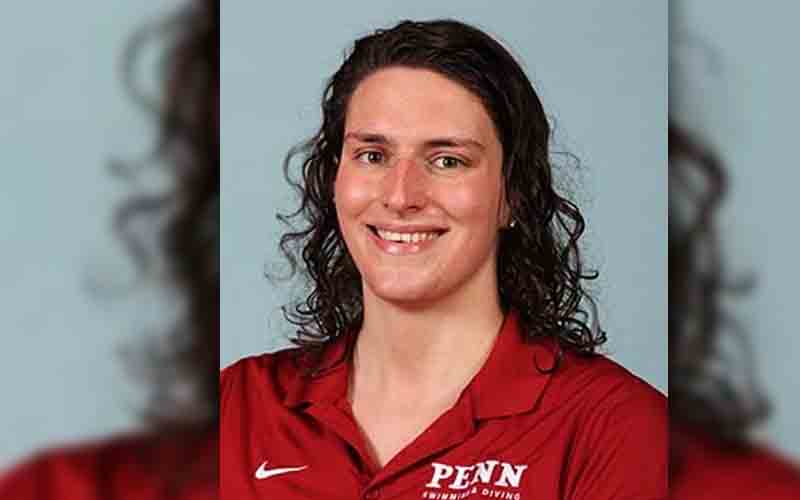TRENTON, NJ – A recent article on a University of Pennsylvania transgender swimmer and their recent record-smashing performance notes that at least one of her teammates feels extreme pressure to celebrate the accomplishments or suffer the societal consequences of any criticism.
Sen. Michael Testa and Assemblymen Erik Simonsen and Antwan McClellan called on the Legislature to pass the Fairness in Women’s Sports Act after published reports of the impact of transgender athletes participating in college athletics. (Pixabay)
In the article, a female teammate of Lia Thomas, who recently smashed pool, program, and meet records at the 2021 Zippy Invitational’s 200-meter women’s freestyle event held in Akron, Ohio (see pages 20-21), said she spoke anonymously because she “feared for her ability to find employment after graduating from college for sharing her honest opinion about a transgender teammate.”
“Pretty much everyone individually has spoken to our coaches about not liking this. Our coach [Mike Schnur] really likes winning. He’s like most coaches. I think, secretly, everyone knows it’s the wrong thing to do,” the female Penn swimmer said during a phone interview. “When I have kids, I kind of hope they’re all boys because if I have any girls that want to play sports in college, good luck,” she concluded.
Senator Michael Testa (R-1) noted these comments and believes it underscores the intent of his bill to require participation in school-sanctioned sports based on biological sex at birth.
“The fear that these reported comments show about speaking out on this inequity is all the more reason why high-school and college athletes should not be a force to compete on an uneven level just to satisfy the demands of radical activists,” said Testa. “I cannot ignore the plight of the other female athletes who swam in that same meet – even her Penn teammates – who saw their same life-long efforts be overwhelmed. They deserve a fair shot at athletic achievement, which is denied in a sacrifice to others’ social justice agenda.”
Sen. Testa is the sponsor of the aforementioned Fairness in Women’s Sports Act (S-3540) which would prohibit New Jersey interscholastic or intercollegiate athletic teams or sports designated for females, women, or girls from being open to male students and defines the standards for settling eligibility disputes.
Assemblymen Erik Simonsen and Antwan McClellan (R-1) are the lead sponsors of the companion bill (A-5545) in the General Assembly.
“We cannot allow those pushing this agenda to negatively affect women and their ability to participate safely in school-sanctioned sports,” said Simonsen (R-Cape May). “We listened to the concerns of female athletes, and our bill is a representation of those facts and feelings, which seemed to get ignored for the sake of being the most woke. Helping out one group doesn’t mean you disenfranchise another: that’s not the point. Change starts when you do what is right, not what’s trending right now.”
“It’s okay to stand up for something you believe in, and multiple female athletes have expressed their concerns about the unfairness of allowing transgender athletes to participate,” said McClellan. “What type of lesson are we trying to teach the next generation, that is okay to allow those to do what they want without regard of others? It doesn’t help foster relationships or create a more unified New Jersey. All it does is allow those with a physical advantage to dominate a sport without regard for the countless hours the women already participating have put in. We cannot pick and choose when to stand up for the rights of women and girls. Now is the time to stand up for what’s right.”
Many women’s sports advocates have expressed concern about the athlete’s domination, noting on social media that Thomas had previously competed as a male for three years before their transition. They argue that male-born competitors, who must take testosterone-suppression treatments for only one year to comply with NCAA standards for competition in women’s sports, still retain their significant physical advantages in areas including muscle mass, bone size, and lung capacity.
In a study published in the December 2020 issue of the British Journal of Sports Medicine, researchers found that the one-year waiting period used by the NCAA and other athletic organizations is inadequate.
“Let’s let our female athletes compete and do so fairly and openly for their share of glory and achievement,” said Testa. “That is the right thing to do.”
